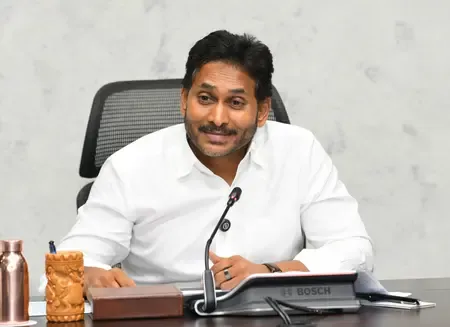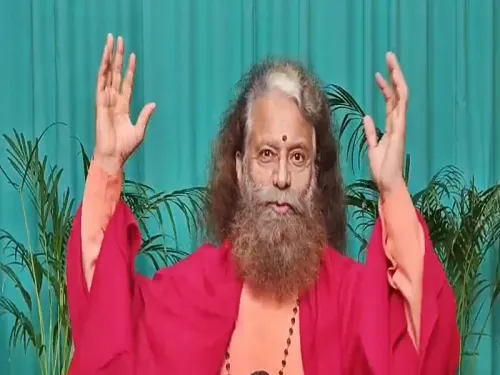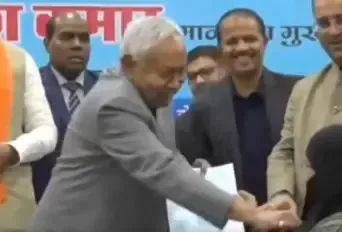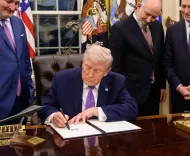Did the Dalai Lama Congratulate Sushila Karki on Her Appointment as Nepal's Interim PM?
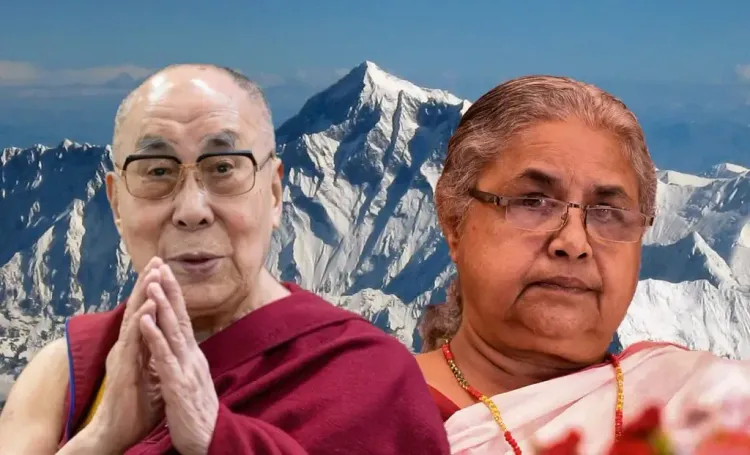
Synopsis
Key Takeaways
- Sushila Karki is the first female Prime Minister of Nepal.
- The Dalai Lama emphasized the historical ties between Nepal and Tibet.
- Karki's appointment follows protests against the former government.
- The Tibetan community contributes to Nepal’s economy.
- Nepal is at a critical juncture requiring effective leadership.
Dharamshala, Sep 13 (NationPress) The Tibetan spiritual leader, Dalai Lama, expressed his heartfelt congratulations to Sushila Karki following her recent appointment as the Prime Minister of Nepal's interim government on Saturday.
Karki, aged 73, took her oath as Nepal's interim Prime Minister late on Friday night, marking a historic moment as she becomes the first woman to hold this esteemed position in the Himalayan nation.
“The Nepalese and Tibetan communities have long cherished a close bond. I extend my gratitude to both the government and people of Nepal for their support in the rehabilitation of Tibetan refugees who fled Tibet after the events of 1959. While the Tibetan community is relatively small, it has made significant contributions to Nepal’s economic advancement,” stated the Dalai Lama's office.
“Throughout the years, Nepal has witnessed remarkable growth and prosperity across various sectors. These accomplishments hold even greater significance when they enhance the lives of the underprivileged. I wish you immense success in meeting the expectations and aspirations of the Nepalese people during these challenging times. You have my prayers and best wishes,” the statement further elaborated.
After the fall of the K P Sharma Oli-led government amidst the tumultuous Gen-Z protests earlier this week, Karki emerged as the preferred choice among activists who rallied against the previous administration.
Protestors from Gen-Z collectively agreed on Karki's nomination, paving her road to the Prime Minister's office despite the consideration of several non-political candidates.
The unrest had also resulted in several Indian pilgrims being stranded in the Tibet Autonomous Region while participating in the Kailash Mansarovar Yatra organized by private tour operators through Nepal.
On Thursday, the border crossings reopened for Indian pilgrims undertaking the Kailash Mansarovar Yatra via Nepal.


